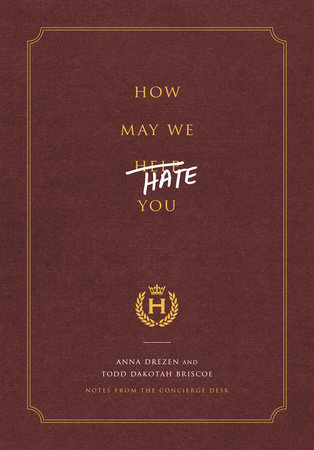When I heard that Professor Mecca Jamilah Sullivan and her colleagues at Umass Amherst’s Women, Gender, Sexuality Studies and Afro-American Studies departments were planning “Feminist Poetics: Legacies of June Jordan,” I was super excited. This one-day symposium sounds so amazing—it’s billed as “celebrating the work of feminist poet, scholar and activist June Jordan, and her legacies in contemporary feminist poetics.” The conference will feature panels on Writing Feminist Activism, The Combahee River Collective and Black Feminist Foundations, Feminist Poetics as Theory and Praxis, and more. Speakers, moderators and performers include renowned feminist thinkers Sonia Sanchez, Evie Shockley, Alexis Pauline Gumbs, Cheryl Clarke and many others. And it’s all happening THIS Friday, March 25th.
For me, Umass Amherst is an extra-special place: I went to college there, and the Women, Gender, and Sexualities Studies department is where I learned about the intersections of art and activism, and came into my own as both a writer and a feminist. When I learned about the Feminist Poetics symposium, I had to reach out to Mecca Jamilah Sullivan to ask her about how it all came together, why June Jordan’s legacy matters right now, and—because Mecca is an incredible fiction writer herself—how Jordan’s poetics influence her own work as a writer.

Mecca Jamilah Sullivan, Photo Credit Marcia Wilson
Mecca Jamilah Sullivan, Ph.D., is Assistant Professor of Women, Gender, Sexuality Studies at the University of Massachusetts, Amherst. Her scholarly and creative works on gender and sexuality in African Diaspora cultures have appeared in Best New Writing, Callaloo, Feminist Studies, Palimpsest, Crab Orchard Review, GLQ, Jacket2, Robert Olen Butler Fiction Prize Stories, BLOOM, TriQuarterly, Public Books, American Fiction, Prairie Schooner, Ebony.com, TheRoot.com, Ms. Magazine online, and The Feminist Wire, where she is Associate Editor for Arts and Culture. She is the author of the short story collection, Blue Talk and Love (2015), a current finalist for both the 2016 Lambda Literary Award for Lesbian Fiction and the 2016 Edmund White Award for Debut Fiction. A current Pushcart Prize nominee, she is the winner of the Charles Johnson Fiction Award, the Glenna Luschei Fiction Award, the James Baldwin Memorial Playwriting Award, and fellowships, scholarships and residencies from the National Endowment for the Arts, the Mellon-Mays Foundation, Williams College, Rutgers University, the Bread Loaf Writers’ Conference, Yaddo, the Hedgebrook Writers’ Retreat, the Social Sciences Research Council, and the Center for Fiction in New York City, where she received a 2011 Emerging Writers Fellowship. She is currently completing a scholarly manuscript, The Poetics of Difference: Queer Feminist Forms in the African Diaspora, which explores the politics of formal innovation in global black women’s literary and artistic cultures.
*** Continue reading →











